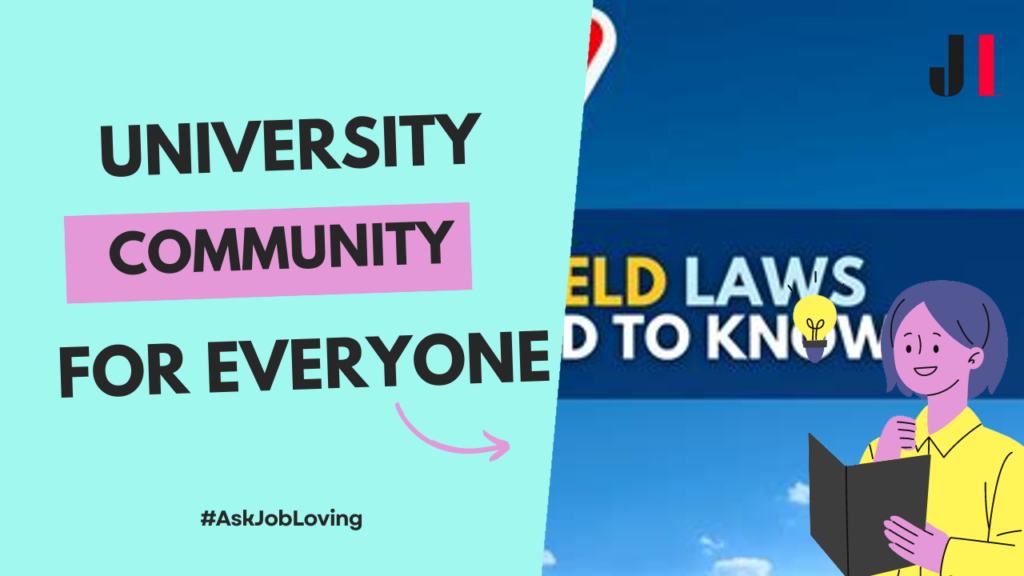Does the University of Michigan Yield Protect?
The term “yield protection” often bubbles to the surface during college admissions discussions, and it’s no surprise that the University of Michigan, a highly sought-after institution, ignites curiosity on this topic. So, does the University of Michigan yield protect? In essence, while it’s not a blatant or intentional strategy employed by the university, they do tend to favor candidates who are likely to accept their admission offers. It’s a nuanced practice designed to enhance their yield—essentially ensuring that they maintain a high acceptance rate among applicants who will ultimately enroll.
Many universities, particularly those within the top 30 rankings (T30), are notorious for their selective admissions processes. It’s a competitive field, and institutions like the University of Michigan want to ensure they offer spots to students that are more likely to say “yes” to their invitation. This doesn’t mean they intentionally reject students with stellar qualifications—far from it! However, there are observations among applicants that students with impressive stats often find themselves deferred or waitlisted.
If you’ve got connections or show legacy ties to Michigan, you might have an advantage in this unintentional yield protection game. Those with familial ties seem to enjoy better spots during admissions. Similarly, demonstrating strong interest through well-crafted supplementary essays can also sway decisions in your favor. The notion here is that if you show genuine motivation and effort in your application, perhaps yield protection becomes less of a factor in your admissions outcome.
Understanding Yield Protection at UMich
To further contextualize yield protection at the University of Michigan, it’s essential to recognize how yield—sometimes defined as the percentage of admitted students who choose to enroll—plays a critical role in university rankings and reputation. The higher the yield, the better for the school in terms of maintaining prestige and resources. Notably, if a candidate exhibits qualifications that suggest they may ultimately choose another institution (particularly Ivy League schools), there’s a chance that they could be passed over for someone perceived as more likely to enroll.
While anecdotal evidence leads many to believe UMich utilizes yield protection strategies, it’s vital to understand that deferments aren’t solely due to yield protection motives. Many factors come into play in admissions decisions—academic performance, personal essays, recommendation letters, and even extracurricular achievements all weigh heavily in assessing an applicant’s overall fit.
In conclusion, while the University of Michigan does reflect aspects of yield protection by prioritizing candidates who show an increased likelihood of enrolling, it’s not a hard and fast rule that excludes highly qualified individuals. If you approach your application with authenticity and passion for attending Michigan, you’re more likely to present yourself as a strong candidate.
If you’re still puzzled about the nuances of admissions and whether UMich really engages in yield protection practices, feel free to connect with us at the JobLoving community for more insights and guidance!

